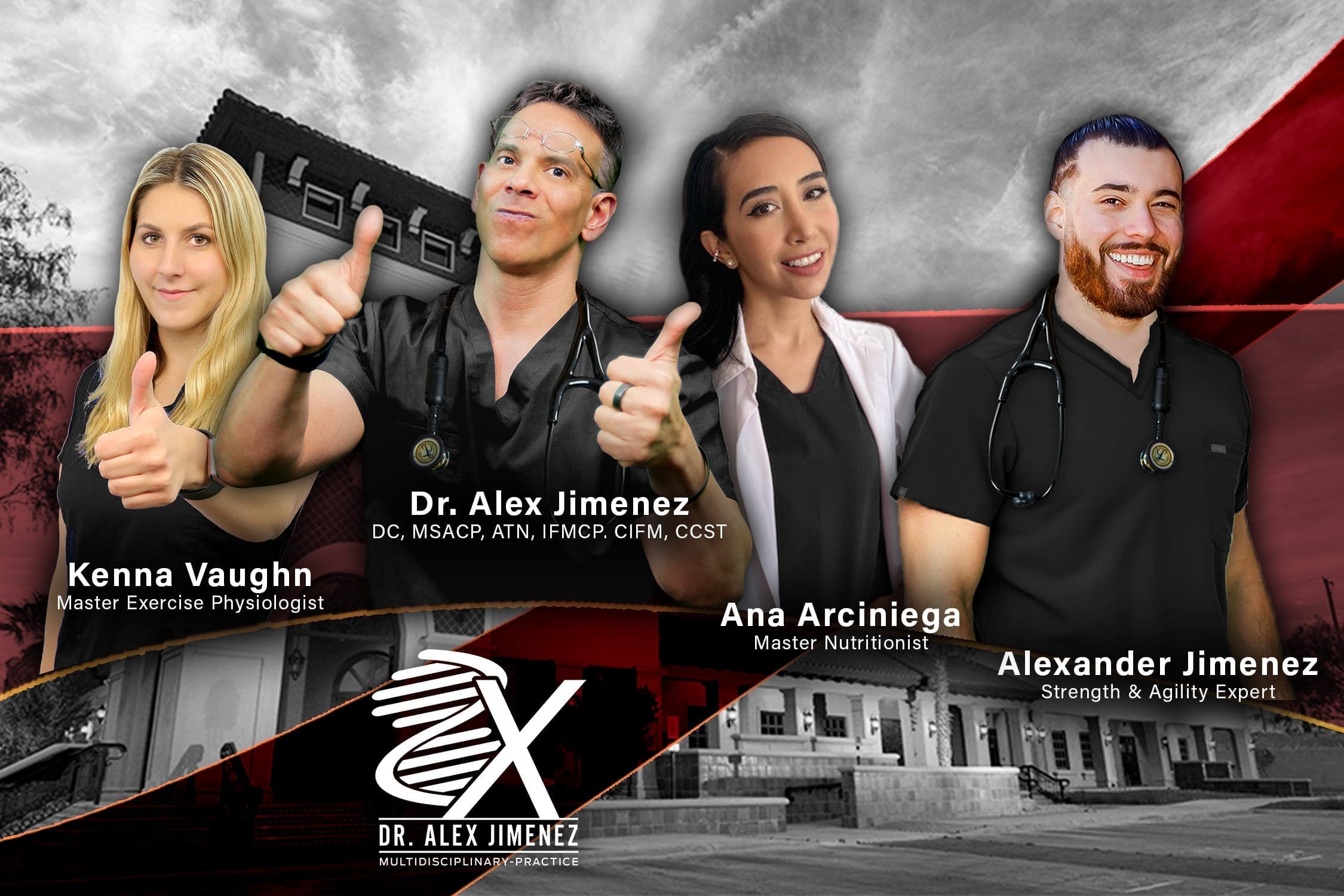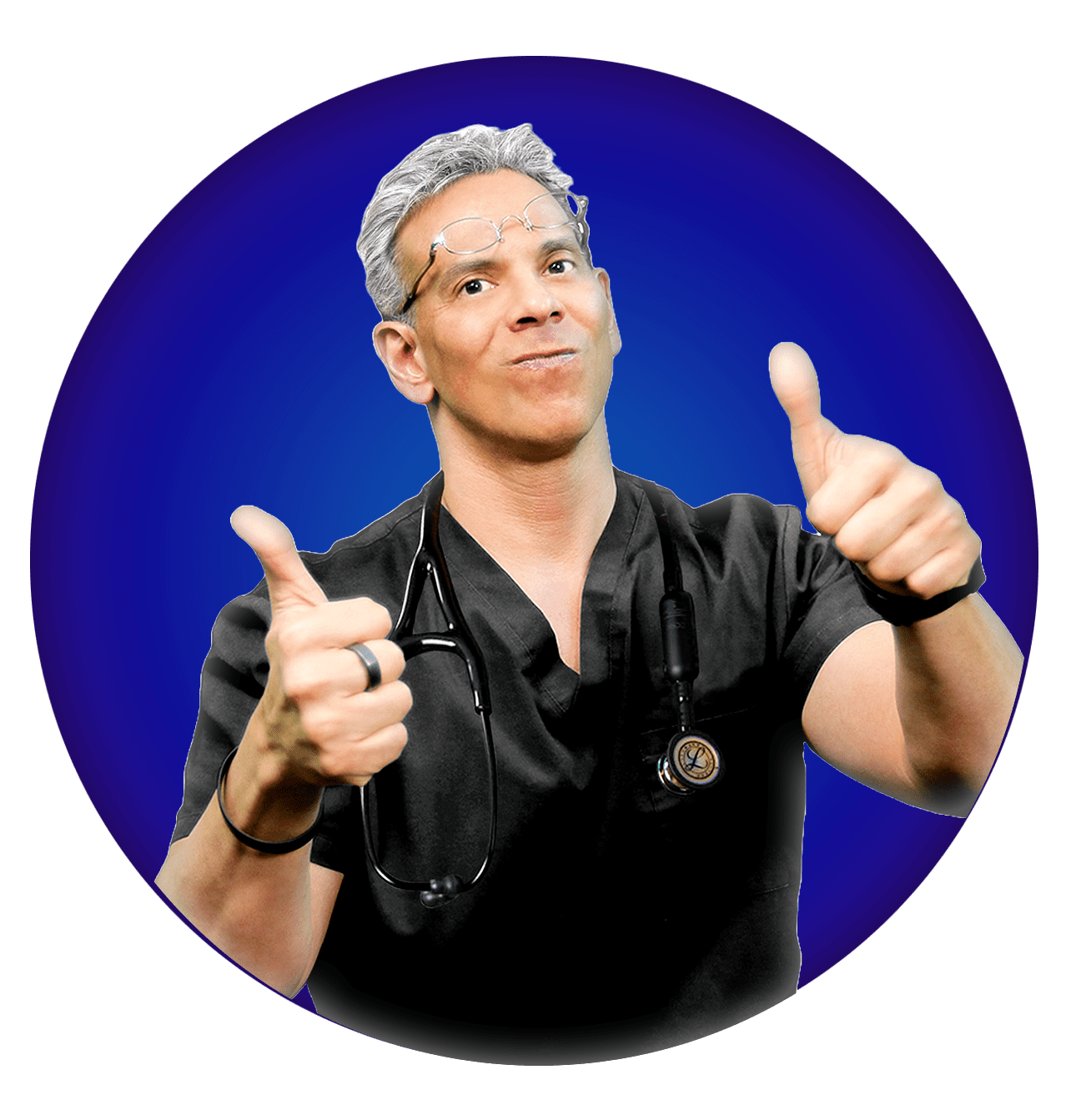The Humanistic Perspective
Because of behaviorism and psychoanalytic theory, the humanistic viewpoint gained popularity in the middle of the 20th century. Humanism is the term used to describe those who stress human potential and the capacity for change. The notion of biological determinism, which holds that the majority of human traits, both mental and physical, are predetermined from conception, is simultaneously rejected by humanism. The humanistic viewpoint stresses a person’s innate desire for creativity and self-actualization and focuses on how individuals grow. The idea that development is seen as an ongoing process that is influenced more by an individual’s social and environmental conditions than by genetics or other natural causes is also fundamental to the humanistic viewpoint. The use of the human viewpoint in a therapeutic setting was examined by several prominent humanistic thinkers, including Abraham Maslow and Carl Rogers. In addition to enabling a better understanding of pain, suffering, and emotions, this guarantees a more optimistic approach to enhance patient and nurse practitioner results. (Boston-Leary et al., 2024)

Functional Medicine’s Influence Beyond Joints-Video
Abraham Maslow’s Hierarchy of Needs
Abraham Maslow, an American humanistic psychologist who lived from 1908 to 1970, researched and concentrated on the capacity for development in healthy people. According to him, individuals work toward self-actualization and begin accepting both themselves and other people for who they are. He started to see how many individuals were able to enjoy themselves and live comparatively guilt-free while also losing inhibitions.
Since Maslow’s hierarchy of needs is a psychological theory that explains a pattern by which human motivations often arise at the next level by enabling the person to be fully satisfied with the previous level, many people start using it to encourage action at that point. There are many separate underlying systems at the heart of Maslow’s hierarchy of demands for motivation; certain reasons are generated and given precedence over others. (Kenrick et al., 2010) Additionally, Maslow’s ideas have made a significant contribution to our comprehension of the self. The five levels of Maslow’s hierarchy of needs—physiological necessities, safety, love and belonging, esteem, and self-actualization—allow people to develop. These five phases show how a person develops toward meeting their most basic requirements.
Physiological Needs
The primary physical demands for human life, according to Maslow, are physiological needs, which include food, water, sleep, shelter, sex, and maintaining bodily homeostasis. Breathing, eating, drinking, and sleeping are examples of physiological requirements that many individuals must be met in order to be motivated by higher level wants. As they show stability and endurance and adjust to the changing demands of the healthcare system, many nurses in a healthcare context move away from physiological needs and safety. (Hayre-Kwan et al., 2021)
Safety
The second stage, called safety, takes over and becomes a dominating behavior if a person’s physiological demands are addressed and mostly satisfied. This may be obtained via working, saving money, and looking for a place to stay safe. That individual has time to consider their desires once they are content and feel secure. However, many people may experience or re-experience post-traumatic stress disorder (PTSD) or transgenerational trauma when physical safety is lacking due to environmental factors like war, natural disasters, family violence, childhood abuse, or institutional racism. For this reason, safety needs must include the need for personal, emotional, financial, and physical security.
Another example of environmental variables influencing safety is economic safety, which may be brought on by a financial crisis and a lack of employment prospects. When there is no economic safety, it must show up as things like a need for work stability, grievance processes to shield individuals against unjustified power, insurance plans, savings accounts, etc. Children often need to feel safe, hence this level of Maslow’s hierarchy of needs tends to be more prevalent in them.
Love & Belonging
Maslow’s hierarchy of wants places love and belonging at stage three. Intimacy, companionship, and a sense of belonging are all necessary for love and belonging. Many individuals want to join a club or be a part of a society where they may be near their friends and relatives. Maintaining a positive nurse-patient connection in a healthcare context requires professionals to provide affection and belonging to people who are experiencing pain-like sensations. In addition to giving the person a good outlook to lessen their suffering, this will guarantee that their needs and desires are acknowledged (Xu et al., 2021). During childhood, the desire for love and belonging is very strong and might take precedence over the need for protection. Children who attach to abusive parents exhibit this as a bad problem. Hospitalization, neglect, shunning, or ostracism are examples of deficiencies in this level of Maslow’s hierarchy that may negatively impact a person’s capacity to establish and sustain emotionally meaningful connections. Furthermore, a person’s growth may be greatly impacted by these adverse events.
Esteem
The fourth level of Maslow’s hierarchy is esteem, which is the universal human need to be respected and accepted by others. Since everyone wants to be someone at this point, a lot of individuals search for peer regard, self-confidence, and esteem. For instance, someone with money would purchase a high-end watch, while someone with a brain would be able to write, ponder, or even work a lot. The drive to compete and achieve at the top level is the cause of this. At the same time, a lot of individuals will often pursue a career or pastime because ego demands like status or respect are met by these pursuits. Since most individuals desire to feel valued, many will worry about receiving respect, prestige, significance, and acknowledgment from others. The desire for self-respect and self-esteem follows from this. Lack of positive reinforcement, however, may have an impact on a person’s self-esteem and their ability to improve. therefore taking care of the fundamental problems that are hurting and upsetting them. (Carroll et al., 2025)
Self-Actualization
In Maslow’s hierarchy, self-actualization is the last level. People must meet the lowest levels of needs—such as having access to food, sleep, safety, belonging to a group, and feeling unique—in order to reach the greatest level of their existence. When we are at our peak, we are able to relax, be creative, and accept things as they are. There is still a possibility that any of the requirements at the lower levels might stay low even if there is no longer any pressure on particular needs. Self-actualization is the will to become the best version of oneself by achieving the things that one can. A condition of self-fulfillment where individuals may reach their full potential in a unique way is known as self-actualization, according to humanistic ideology. A lot of people could notice or concentrate on this requirement in a very particular way. Several instances may be found here:
- Someone who aspires to be the best parent possible
- Someone who wants to express themselves athletically
- Someone who made use of their skills and aptitudes to create art as a manner of self-expression.
Questions of the Hierarchal Status
When talking about human behavior, Maslow’s hierarchy of needs serves as a crucial basis for comprehending the relationship between drive and motivation. As one moves up the ladder, each requirement is shown in the levels that call for motivation. Numerous significant problems begin to surface while examining the hierarchical structure.
The first concern is the path of advancement when a person advances both within and between levels. Maslow first highlighted the need of attending to lower-level needs before moving on to higher-level requirements. This original idea gave rise to an understanding of how different people are in how they see and value each fundamental need. For instance, females may prioritize their reproductive requirements above those of other people. According to Maslow, satisfying every need is not a prerequisite for fulfilling needs at a higher level. The next level of demands takes precedence after a person’s fundamental, lower-level wants have been mostly met. Higher-level wants, like self-actualization, might be satisfied before certain lower-level needs are completely satisfied.
Whether a person climbs unidirectionally from the base of the pyramid to the summit is a second, related topic. Multidirectional mobility throughout the phases is conceivable because a person’s requirements at a given period of life may be influenced by a variety of variables. In light of being laid off, an employee who is considering raising a family—the third stage of Maslow’s hierarchy—may need to concentrate on the second level, safety. The second and third levels of Maslow’s hierarchy of needs would take unemployment into account, even if this worker had created a feeling of safety and security. Because human existence and progress are dynamic rather than static, the hierarchy must allow for this fluctuation, which is why it is significant. The main idea behind Maslow’s theory is that because self-actualization is the aim, fundamental needs must be satisfied before one is inspired to pursue higher-level wants. This encourages the person to evaluate every need that must be met in order to achieve self-actualization with a positive connection. (Taormina & Gao, 2013) People will see improvements in their bodies and mentalities as well as better lifestyles as they begin to incorporate Maslow’s hierarchy of needs into their daily routines.
Injury Medical Chiropractic & Functional Medicine Clinic
We collaborate with licensed healthcare professionals who apply Maslow’s hierarchy of needs to our patients’ pain and suffering in a clinical setting. In addition to posing crucial queries to our affiliated healthcare professionals, we counsel individuals to incorporate minor adjustments into their everyday schedules and provide them a secure environment.This material is envisioned as an academic service by Dr. Alex Jimenez, D.C. Disclaimer.
References
Boston-Leary, K., Alexander, G. R., & Davis, S. (2024). Leveraging Maslow’s Hierarchy of Needs to Build Nursing’s More Inclusive Future. Nurs Adm Q, 48(1), 55-64. https://doi.org/10.1097/NAQ.0000000000000613
Carroll, A., Collins, C., & McKenzie, J. (2025). Physician wellbeing in a national rehabilitation hospital, a qualitative study utilizing Maslow’s hierarchy of needs as a framework for analysis. BMC Health Serv Res, 25(1), 175. https://doi.org/10.1186/s12913-025-12310-x
Hayre-Kwan, S., Quinn, B., Chu, T., Orr, P., & Snoke, J. (2021). Nursing and Maslow’s Hierarchy: A Health Care Pyramid Approach to Safety and Security During a Global Pandemic. Nurse Lead, 19(6), 590-595. https://doi.org/10.1016/j.mnl.2021.08.013
Kenrick, D. T., Griskevicius, V., Neuberg, S. L., & Schaller, M. (2010). Renovating the Pyramid of Needs: Contemporary Extensions Built Upon Ancient Foundations. Perspect Psychol Sci, 5(3), 292-314. https://doi.org/10.1177/1745691610369469
Taormina, R. J., & Gao, J. H. (2013). Maslow and the motivation hierarchy: measuring satisfaction of the needs. Am J Psychol, 126(2), 155-177. https://doi.org/10.5406/amerjpsyc.126.2.0155
Xu, J. X., Wu, L. X., Jiang, W., & Fan, G. H. (2021). Effect of nursing intervention based on Maslow’s hierarchy of needs in patients with coronary heart disease interventional surgery. World J Clin Cases, 9(33), 10189-10197. https://doi.org/10.12998/wjcc.v9.i33.10189
Disclaimer
Post Disclaimers
General Disclaimer, Licenses and Board Certifications *
Professional Scope of Practice *
The information herein on "Maslow's Hierarchy of Needs from a Clinical Perspective" is not intended to replace a one-on-one relationship with a qualified health care professional or licensed physician and is not medical advice. We encourage you to make healthcare decisions based on your research and partnership with a qualified healthcare professional.
Blog Information & Scope Discussions
Welcome to El Paso's Premier Wellness and Injury Care Clinic & Wellness Blog, where Dr. Alex Jimenez, DC, FNP-C, a Multi-State board-certified Family Practice Nurse Practitioner (FNP-BC) and Chiropractor (DC), presents insights on how our multidisciplinary team is dedicated to holistic healing and personalized care. Our practice aligns with evidence-based treatment protocols inspired by integrative medicine principles, similar to those on this site and on our family practice-based chiromed.com site, focusing on naturally restoring health for patients of all ages.
Our areas of multidisciplinary practice include Wellness & Nutrition, Chronic Pain, Personal Injury, Auto Accident Care, Work Injuries, Back Injury, Low Back Pain, Neck Pain, Migraine Headaches, Sports Injuries, Severe Sciatica, Scoliosis, Complex Herniated Discs, Fibromyalgia, Chronic Pain, Complex Injuries, Stress Management, Functional Medicine Treatments, and in-scope care protocols.
Our information scope is multidisciplinary, focusing on musculoskeletal and physical medicine, wellness, contributing etiological viscerosomatic disturbances within clinical presentations, associated somato-visceral reflex clinical dynamics, subluxation complexes, sensitive health issues, and functional medicine articles, topics, and discussions.
We provide and present clinical collaboration with specialists from various disciplines. Each specialist is governed by their professional scope of practice and their jurisdiction of licensure. We use functional health & wellness protocols to treat and support care for musculoskeletal injuries or disorders.
Our videos, posts, topics, and insights address clinical matters and issues that are directly or indirectly related to our clinical scope of practice.
Our office has made a reasonable effort to provide supportive citations and has identified relevant research studies that support our posts. We provide copies of supporting research studies upon request to regulatory boards and the public.
We understand that we cover matters that require an additional explanation of how they may assist in a particular care plan or treatment protocol; therefore, to discuss the subject matter above further, please feel free to ask Dr. Alex Jimenez, DC, APRN, FNP-BC, or contact us at 915-850-0900.
We are here to help you and your family.
Blessings
Dr. Alex Jimenez DC, MSACP, APRN, FNP-BC*, CCST, IFMCP, CFMP, ATN
email: [email protected]
Multidisciplinary Licensing & Board Certifications:
Licensed as a Doctor of Chiropractic (DC) in Texas & New Mexico*
Texas DC License #: TX5807, Verified: TX5807
New Mexico DC License #: NM-DC2182, Verified: NM-DC2182
Multi-State Advanced Practice Registered Nurse (APRN*) in Texas & Multi-States
Multi-state Compact APRN License by Endorsement (42 States)
Texas APRN License #: 1191402, Verified: 1191402 *
Florida APRN License #: 11043890, Verified: APRN11043890 *
Colorado License #: C-APN.0105610-C-NP, Verified: C-APN.0105610-C-NP
New York License #: N25929, Verified N25929
License Verification Link: Nursys License Verifier
* Prescriptive Authority Authorized
ANCC FNP-BC: Board Certified Nurse Practitioner*
Compact Status: Multi-State License: Authorized to Practice in 40 States*
Graduate with Honors: ICHS: MSN-FNP (Family Nurse Practitioner Program)
Degree Granted. Master's in Family Practice MSN Diploma (Cum Laude)
Dr. Alex Jimenez, DC, APRN, FNP-BC*, CFMP, IFMCP, ATN, CCST
My Digital Business Card
Licenses and Board Certifications:
DC: Doctor of Chiropractic
APRNP: Advanced Practice Registered Nurse
FNP-BC: Family Practice Specialization (Multi-State Board Certified)
RN: Registered Nurse (Multi-State Compact License)
CFMP: Certified Functional Medicine Provider
MSN-FNP: Master of Science in Family Practice Medicine
MSACP: Master of Science in Advanced Clinical Practice
IFMCP: Institute of Functional Medicine
CCST: Certified Chiropractic Spinal Trauma
ATN: Advanced Translational Neutrogenomics
Memberships & Associations:
TCA: Texas Chiropractic Association: Member ID: 104311
AANP: American Association of Nurse Practitioners: Member ID: 2198960
ANA: American Nurse Association: Member ID: 06458222 (District TX01)
TNA: Texas Nurse Association: Member ID: 06458222
NPI: 1205907805
| Primary Taxonomy | Selected Taxonomy | State | License Number |
|---|---|---|---|
| No | 111N00000X - Chiropractor | NM | DC2182 |
| Yes | 111N00000X - Chiropractor | TX | DC5807 |
| Yes | 363LF0000X - Nurse Practitioner - Family | TX | 1191402 |
| Yes | 363LF0000X - Nurse Practitioner - Family | FL | 11043890 |
| Yes | 363LF0000X - Nurse Practitioner - Family | CO | C-APN.0105610-C-NP |
| Yes | 363LF0000X - Nurse Practitioner - Family | NY | N25929 |
Dr. Alex Jimenez, DC, APRN, FNP-BC*, CFMP, IFMCP, ATN, CCST
My Digital Business Card








Comments are closed.